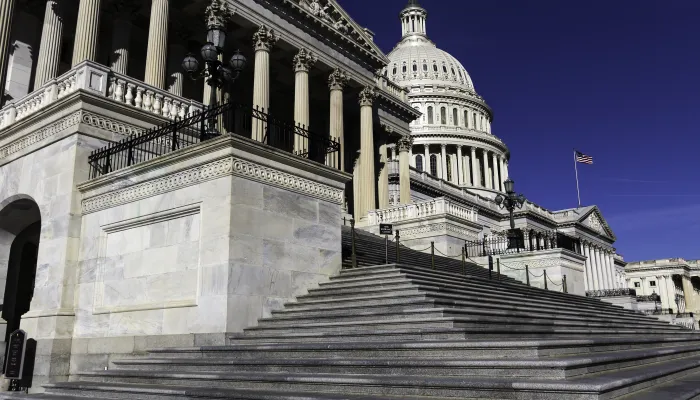Maya MacGuineas Testifies on Biennial Budgeting
Today, CRFB president Maya MacGuineas testified to the House Rules subcommittee on Legislative and Budget Process on HR 114, a biennial budgeting proposal, which would have the budget and appropriations determined on two-year cycles instead of annually. HR 114, the Biennial Budgeting and Appropriations Act, is not part of the package of process reform bills that the House is marking up this week.
MacGuineas expressed support for biennial budgeting, saying that it gives more time for Congressional oversight of the entire budget at a time when cutting out wasteful or unnecessary spending is essential. Switching to biennial budgeting would also give lawmakers more time to use performance data to better evaluate whether programs are doing their intended function and how to fix them. MacGuineas noted some possible drawbacks, such as the fear that there would be an increase in supplemental appropriations and agency heads may be less responsive to Congress. Overall, the two-year cycle would give lawmakers time to evaluate the nation's spending priorities and allocate resources accordingly.
However, MacGuineas also said that using multiyear budgeting, where lawmakers lay out spending and revenue years in advance would be the preferable option. Considering the fiscal outlook, using a multiyear budget would be more effective at forcing members of Congress to look at the longer-term impact of the budget and making them act on it.
Ideally, though, Congress would pass a fiscal plan and would use a multiyear budget process to enforce it and keep it on track.
MacGuineas concluded by saying that fixing the budget process could help inspire confidence in Congress' ability to get things done, but it is no substitute for enacting tough spending and revenue decisions that are necessary to bring down our debt.
To see the full testimony, click here.


